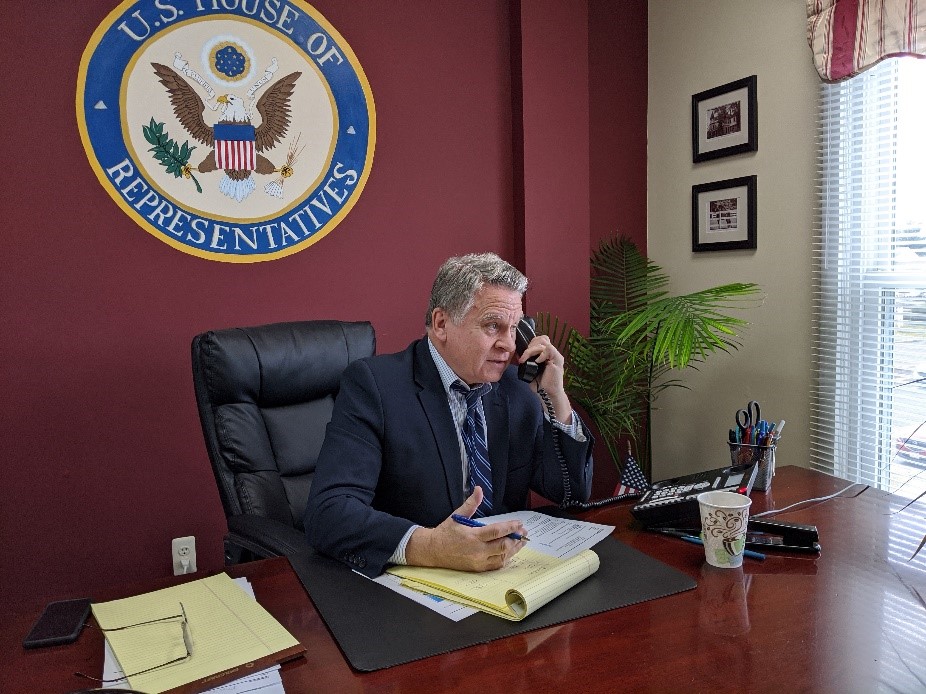Smith: HHS Slates $10 Billion for Hospitals in Areas Hit Hardest by COVID-19

Smith says NY-NJ region has hardest hit hospitals in the nation
WASHINGTON, DC—While he continues to fight for more federal funding for New Jersey’s hospitals on the front line of the COVID-19 battle, Rep. Chris Smith (NJ-04) today said he welcomes the Trump Administration’s decision to direct $10 billion of the funding appropriated by Congress last month in the CARES Act exclusively to hospitals in areas hardest hit by the COVID-19 outbreak.
“This new calibration will absolutely help hospitals and medical centers in my district and throughout our state,” Smith said.
“New Jersey hospitals are doing incredible work treating thousands of patients and saving many lives. But because of the extraordinary number of coronavirus cases, these medical centers are overworked, cash-starved and struggling financially especially since they have been forced by government to close their elective surgery units, resulting in huge losses.
“The federal support must go where the greatest threat and needs are and this $10 billion targeted toward ‘hot spots’ like New Jersey addresses some of that concern,” he said.
Smith, who had lobbied the Trump Administration to focus more funds for the areas most impacted by COVID-19, said that while NJ hospitals received support in the original disbursement, he was disappointed that the money was distributed according to a federal Medicare formula rather than emphasizing number of COVID-19 patients.
“Now we must continue the fight with this new $75 billion in hospital aid that we will pass this week, to ensure that more of the money is targeted-based on prevalence of infection and need,” he said.
The new legislation Smith strongly supports also extends the Paycheck Protection Program.
“The legislation,” Smith said “replenishes the Payment Protection Program—an unprecedented and historic bridge to assist businesses from going bankrupt and firing their employees. More than one million small business have already been helped—and 30 million jobs saved—and this will ensure that more get the support and protection they need,” Smith said





